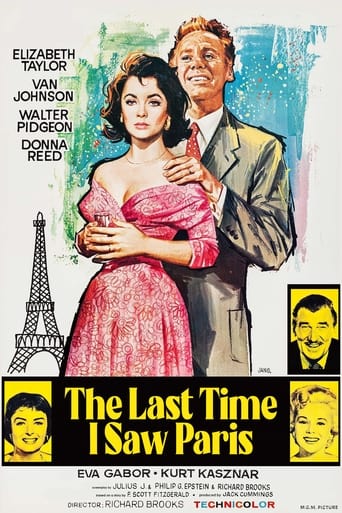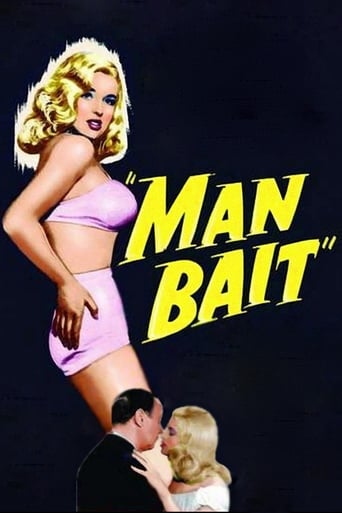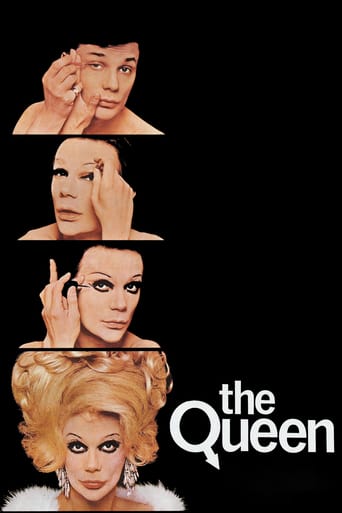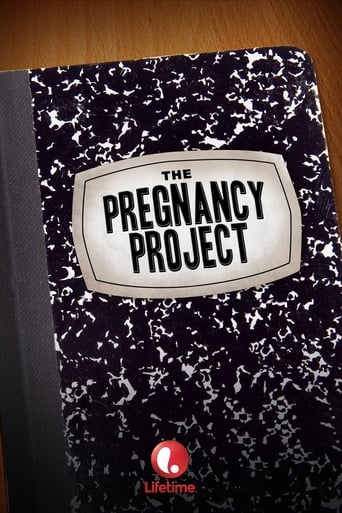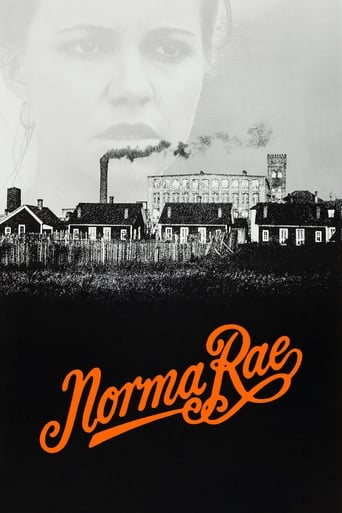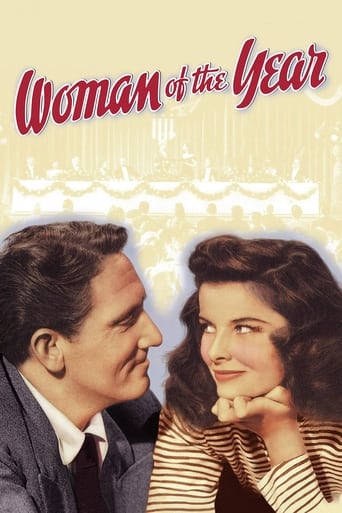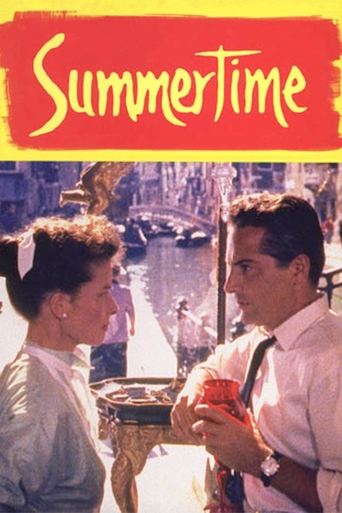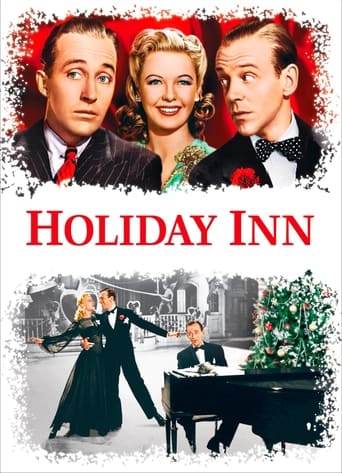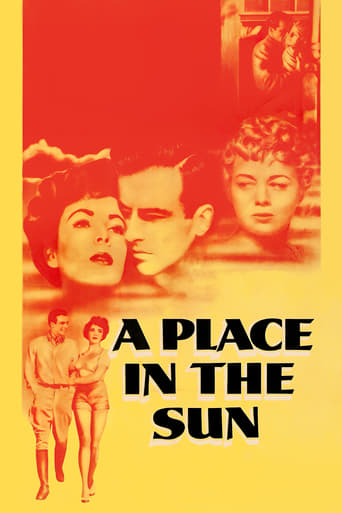


A Place in the Sun
An ambitious young man wins an heiress's heart but has to cope with his former girlfriend's pregnancy.
-
- Cast:
- Montgomery Clift , Elizabeth Taylor , Shelley Winters , Anne Revere , Keefe Brasselle , Fred Clark , Raymond Burr


Similar titles

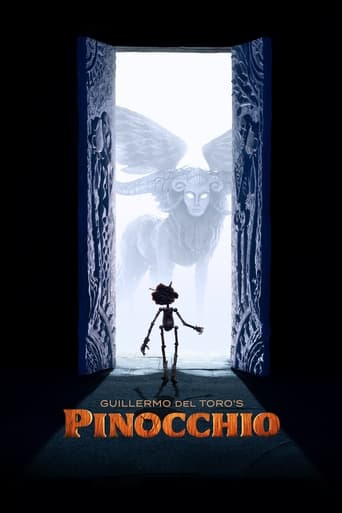
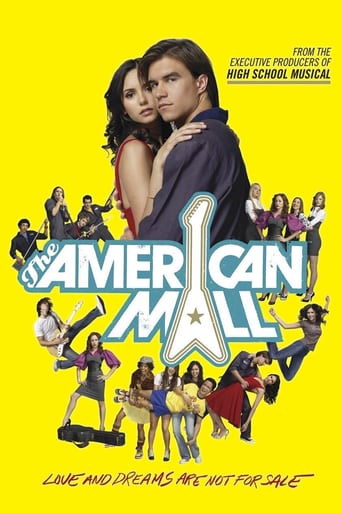
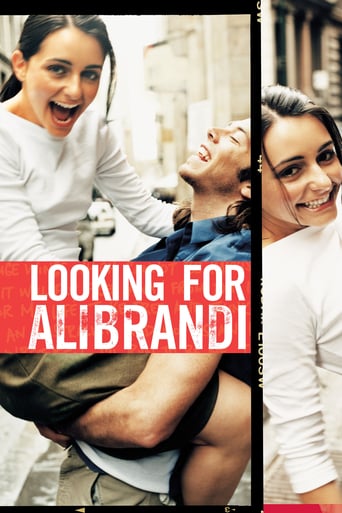
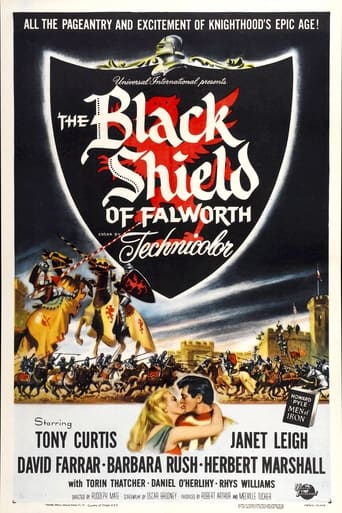
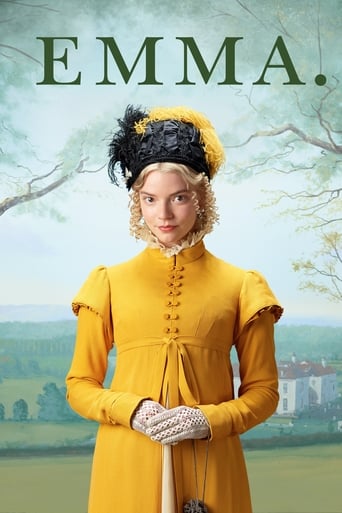
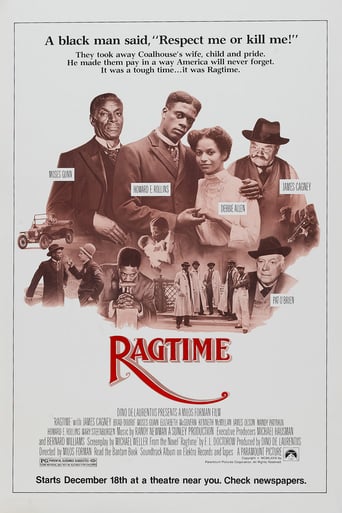
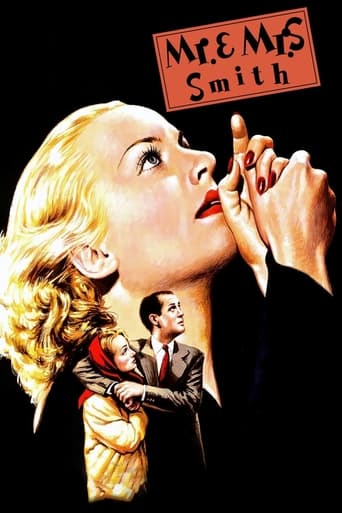

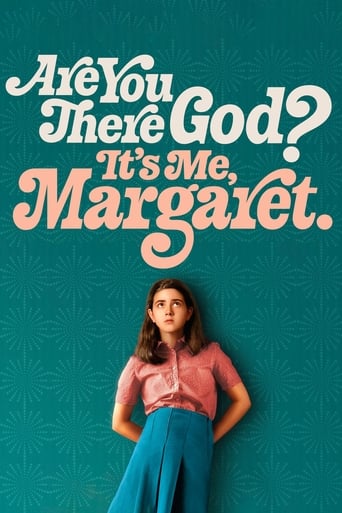
Reviews
Fresh and Exciting
Bad Acting and worse Bad Screenplay
When a movie has you begging for it to end not even half way through it's pure crap. We've all seen this movie and this characters millions of times, nothing new in it. Don't waste your time.
Like the great film, it's made with a great deal of visible affection both in front of and behind the camera.
The Plot. The young and poor George Eastman (Montgomery Clift) leaves his religious mother and Chicago and arrives in California expecting to find a better job in the business of his wealthy uncle Charles Eastman. His cousin Earl Eastman advises him that there are many women in the factory and the basic rule is that he must not hang around with any of them. George meets the worker of the assembly line, Alice Tripp, in the movie theater and they date. Meanwhile, the outcast George is promoted and he meets the gorgeous Angela Vickers at a party thrown at his uncle's house. Angela introduces him to the local high society and they fall in love with each other. However, Alice is pregnant and she wants to get married with George. Whatever. Blah Blah Blah. The fact is this movie doesn't hold up. The only reason it's considered a classic is because it's essentially about abortion and the tragic nature of not allowing it. Yes, in other words PROPAGANDA for the left.It's way over dramatic, it plods along thick as pea soup and the acting really isn't all that grand.
For starters - I had always thought that actor Montgomery Clift was just another empty-headed, Hollywood "pretty-boy", and, basically, nothing more than that. But his portrayal in A Place In The Sun (APITS, for short) proved to me, beyond a shadow of a doubt, that he was really quite a gifted performer.In my opinion, it was definitely Clift's heartfelt portrayal as the tragic George Eastman character who gave APITS's story of social snobbery and murder its depth and its meaning. I'd say that it was Clift, alone, who carried this film over its many flaws and clichés to its riveting, melodramatic conclusion.Yes. Of course, it certainly did help APITS's overall success that the gorgeous, 19-year-old Elizabeth Taylor was cast as Angela Vickers, the sole focus of George's hopes, his dreams and his burning desire.But once poor George became hopelessly involved with pretty, young Angela, this viewer could easily understand what heady and emotional turmoil drove him at first to contemplate and then commit the ultimate "crime of passion".If you ask me - I think that even today, 66 years later, this depiction of the "American Tragedy" holds up surprisingly well. It's a film that has somehow managed to avoid that inevitable "dated" feeling which seems to plague so many pictures from that particular era.
George Eastman (Montgomery Clift) leaves his religious mother hitchhike from Chicago to California and his uncle wealthy Charles Eastman (Herbert Heyes). His uncle offers him an entry job at the factory and the rest of his family are dismissive of his poor nephew. Angela Vickers (Elizabeth Taylor) is an upper class friend of the son. George starts to date fellow line worker Alice Tripp (Shelley Winters). Then he gets involved with Angela. Alice gets pregnant after that first night and fears losing George.This is melodrama of the highest or the lowest order depending on your taste. The directions are pretty stiff and it slows down the movie. The scenes are long, uncut and not that interesting. I want to say that the acting is good but I think the personas of the actors are what's on display. I notice that Shelley Winters isn't even shown her face as she tearfully tells George about getting in 'trouble'. Taylor is her glamorous self. Clift is the ultra sensitive and somewhat pathetic guy. In the end, I don't like George and I don't see anything romantic about him. I also don't like the trial which is anti-climatic. The three main actors do an admirable job and keeps this from being pedestrian.
Outstanding example of Hollywood craftsmanship, attention to detail, and sheer romanticism. The film takes up two key themes in American life--- class and morality, treating each with uncommon care. Consider the opening scene of the indigent George (Clift) standing roadside while cars whiz past, much as life seems to be brushing him aside. Mocking him at the same time is a billboard with a provocative girl advertising the Good Life. No wonder he rushes to his rich uncle Eastman's mansion where he hopes to join the fast cars and the beautiful girl, if he dare to hope so.That scene of his entering the mansion's huge reception room is to me one of the movie's best. In his cheap, wrong color suit, George couldn't be more self-conscious. How will the rich Eastmans' receive him, in their fancy party clothes ready for a night on the town. In fact, they are oh, so, polite, while keeping a social distance. After all, he does come from the poor family branch, his mother giving her life over to religious pursuits instead of money. For his brief visit, at least he gets a job on an Eastman assembly line. The scene itself is beautifully staged and performed, while Clift is simply terrific here as the uncertain, poor relation, all deference and submission.For awhile it looks like the cars will continue to whiz by as he repeats the same deadening moves on the assembly line. But at least he has someone now to share time with. Alice (Winters) is a dowdy working girl across from him. Lonely, they soon get together. But now life gets complicated for George. Suddenly, one day, he's promoted to administration; at the same time, he's invited to a party at the mansion. Eagerly, he attends, this time dressed appropriately and ready to please, but he's still bypassed by other guests. Then, in another memorable scene, lightning again strikes in the form of the beauteous Angela (note the classy name), who suddenly enters his solitary billiards room where he has retreated, friendless. Can it be, as they banter, that she's taking a real fancy to him with all her upper class ways. An unmistakable glow begins to emerge on screen, and it's a tribute to both Taylor and Clift that their chemistry is both vivid and compelling in this key scene that sets the stage for what follows. Now, it seems, a whizzing car has stopped for him and all he has to do is get in. But back at the rooming house waiting for him is Alice. Not just a reminder of the roadside life he'd like to leave, she's pregnant and insisting on marriage. So, on one hand, he's got the frumpy, working class Alice, alone and pregnant, and on the other, a budding romance with the glitzy, upper class Angela, who's opened the door to the billboard life he could only dream of. What's George to do. Then, in a gutsy scene for the repressed 1950's, Alice is sent to a doctor (Wolfe) for what, by inference only, is an abortion. The writers do a clever job getting her purpose across without violating the Production Code's prohibition on such frank talk. Nonetheless, the doctor firmly refuses, leaving both George and Alice in a real pickle.With his religious background, George still has a conscience even if he's deeply in love with Angela and drawn to her materialistic world. Thus, the question is which direction he will go in-- will he do the morally right thing and marry Alice or will he succumb to the pull of a glamorous life with Angela. In short, which is stronger: moral duty or romantic love. In a moment of moral weakness, George plans to relieve his dilemma by drowning Alice in a lake, seemingly the only recourse left open to a life with Angela. But fate (the call of the loon) intervenes and Alice accidentally tips over the small boat they're in. Importantly, the camera withdraws at that point to a distance shot so that we cannot see exactly what happens next. But Alice ends up dead by drowning, just as George had planned when giving false names to the boat rental. However, having escaped, George is now torn by a sense of guilt even as he and Angela plan to marry, the whizzing car door now open wide. But, it's at that fateful point, the cops put various clues together and arrest George for murder. But is he really guilty. We can't be sure since we never saw the exact events. It seems not even George is sure. If nothing else, at this point George is trying to come to grips with what his intention was vs. what actually happened in the water. Could he have saved her as the DA contends at George's trial. She couldn't have been far away, then why didn't he. George seems unclear himself. In a melodramatic moment, the DA (Burr) claims George struck Alice with a paddle, thereby insuring her death. But that is clearly wrong since we know what happened in the boat. But the jury apparently buys it, otherwise how could they sentence him to first-degree murder. Thus, the car door closes on George forever.The question is-what is George really guilty of. Is it just the intention but not the act itself. Or is it the act in some ill-defined sense. The movie settles for being guilty of a wrong thought at a crucial moment. That may be blameworthy in some metaphysical sense, but certainly doesn't justify his execution. As things stand George's sentence stands as a miscarriage of justice. In that sense the movie turns out to be a tragedy, particularly for Alice whose only crime is being poor and frumpy. The moral, I guess, is that what may seem an up- spiral may actually be its ironical opposite.Anyway, it's a brilliantly sensitive, thought provoking movie, deserving of its many awards.

